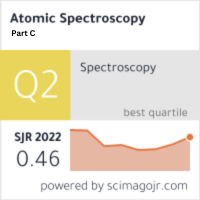Seismic Data Processing Using Deep Learning
Keywords:
Seismic data processing, Deep learning, Convolutional neural networks (CNNs), Recurrent neural networks (RNNs), Event detection, Noise reduction, Seismic attribute analysis.Abstract
Seismic data processing plays a pivotal role in modern exploration and characterization of subsurface reservoirs. Traditional methods often face challenges in handling large volumes of data and complex geological structures. Deep learning has emerged as a promising approach to address these challenges by leveraging its ability to automatically learn intricate patterns from data. In this paper, we explore the application of deep learning techniques for seismic data processing tasks, including seismic event detection, noise reduction, and seismic attribute analysis. We present a comprehensive review of recent advancements in this field, discussing various deep learning architectures such as convolutional neural networks (CNNs), recurrent neural networks (RNNs), and their combinations. Moreover, we highlight key challenges and future research directions, emphasizing the importance of robust training datasets, interpretability of models, and computational efficiency. By harnessing the power of deep learning, seismic data processing stands to benefit from enhanced accuracy, efficiency, and automation, ultimately advancing our understanding of subsurface structures and improving exploration outcomes



